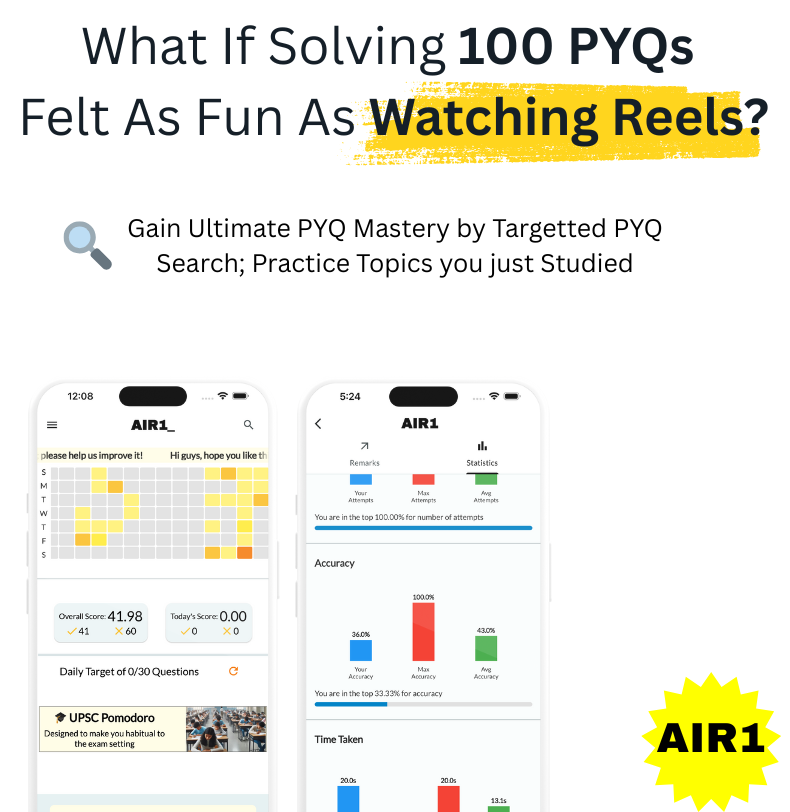UPSC Mains Answer Writing Practice Booklet: Pragati Notebooks – Spiral and Detachable sheets Click Here to know more and order
Understanding the context
- The CDSCO Central Drugs Standard Control Organization registered the child-friendly HIV drug in oral pellet form.
- This has opened up crucial supplies from Cipla Pharmaceuticals, a dominant player in the HIV segment
- Cipla developed a different formulation of the child-friendly HIV drug Lopinavir and Ritonavir.
- Those were pellets of lopinavir and ritonavir, packaged as micro-tablets inside a capsule.
- The need for new formulation was quality issues with the syrup made earlier by Cipla.
- The National Aids Control Programme (NACO) had been facing problem to procure quality assured pediatric formulations of the drug after Liponavir syrup ran out of stock.
Crisis
- NACO completely ran out of syrup comprising the drugs lopinavir and ritonavir which is given to children up to the age of 3 with HIV or AIDS.
- HIV and AIDS patients need to take their antiretroviral medicines at fixed times every day.
- Missing or skipping a dose escalates the chances of drug resistance with patients failing to respond to the drugs.
- Faced with a crisis, the Health Ministry had instructed State AIDS Control Societies (SACS) to purchase the medicine from local markets.
- However, since the syrup had gone out of production, they were not available in retail markets.
What led to the crisis?
- The Lopinavir syrup which is a child-friendly HIV drug ran out of stock
- This happened as Cipla, the sole manufacturer of the drug stopped the production.
- Non-payment from the Health Ministry was the issue behind stopping the production of the drug.
Timeline
- 2014: NACO got a stock of lopinavir/ritonavir syrup from Cipla which is the sole maker of the drug in the country.
- 2015: Cipla stops the manufacture of the syrup and switches over to pellets of the same formulation.
- October 2016: NACO issued tenders for syrup but no company bid.
- January 2017: NACO issued tenders for the syrup again. The activists working with HIV patients informed them that Cipla has stopped manufacturing the drug.
- January 2017: The stock of syrup acquired from Cipla in 2014 ran out.
- End of February 2017: NACO requests McNeil & Argus Pharmaceuticals to manufacture the syrup on an emergency basis.
- March 2017: struggling with the shortage of life-saving drugs, Children living with HIV (CLHIV) wrote a letter to Prime Minister urging him to address the issue.
The significance of the issue:
- Children are some of the most vulnerable HIV patients.
- Lack of child-friendly, quality-assured HIV drugs is one of the major reasons behind the treatment gap between adults and children
- The registration of pellets is a positive step towards this issue.
Discover more from Free UPSC IAS Preparation Syllabus and Materials For Aspirants
Subscribe to get the latest posts sent to your email.







